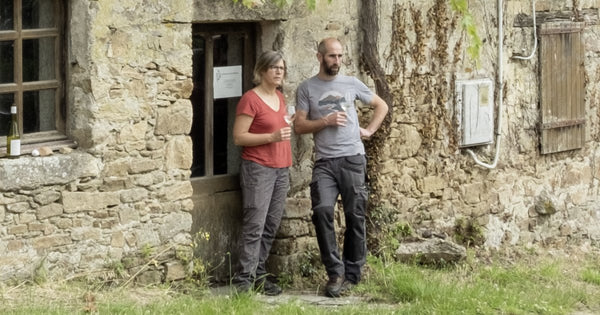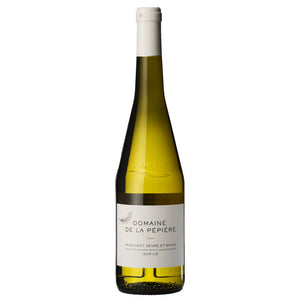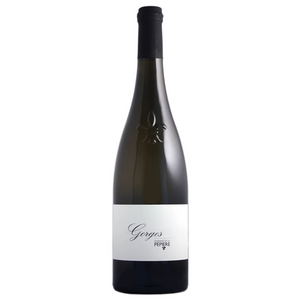
Domaine de la Pépière
The wines of Domaine de la Pépière, which operates in the Loire river valley, about 30 kilometers from the coast of Brittany, are the best in their region. They can be enjoyed young, but they also age elegantly – some even for decades. The farm located in Maisdon-sur-Sèvre was founded by Marc Ollivier, who was born and raised in the area. In the new millennium, Rémi Branger joined Ollivier to run the space in 2007. With Rémi, the vineyards were finally converted to organic production. Gwénaëlle Croix, who started on the farm in 2013, inspired the gentlemen to go even further in his garden work, towards biodynamic production.
Throughout its history, the goal of Pépière wines has been to express the special characteristics of the Muscadet region, and when comparing the farm's estate wines, the characteristics of the orchards really stand out crystal clear in the glass. Up to half of the farm's 42 hectares of vineyards are located on prestigious plots in Clisson, Monnières-Saint Fiacre, Château-Thébaud and Gorges.
Established in 1984, the name of the farm comes from the word "pépie", which means thirst. When walking through the wine plots and looking at the surface of the earth, it is easy to understand this thirst: the soil is dry, the rock is glazed in places and small stones cover the ground. Based on the ideology, the soil is well taken care of, and chemical fertilizers are not used. Harvesting is done manually and the grapes are carefully selected before fermentation. The wines mature on the lees until bottling, which usually happens at the end of May. A rare long aging on the lees gives the wines a mouthfeel that is suitable as a partner for fish and seafood dishes.
Long aging on yeast lees is the traditional way to make Muscadet wines, but in recent decades the popularity of the method has declined, as most producers want to get their products to market quickly. In order to get their wine onto store shelves quickly, many producers resort to shortcuts and use industrial starter yeasts and enzymes. In this way, the fermentation process is accelerated and the aromaticity of the wine produced in hutilos is improved to a fruity one that appeals to consumers. Often the wines are also filtered using drastic methods, so that some of the added and natural aromas remain in the filter and do not end up in the bottle. At Pépière, we do not resort to fraudulent means, and the place is valued as a producer and expert of natural quality wines. The farm's wines are certified for both organic and biodynamic production and nothing extra is added to them. Wines with pure character show that forward-looking and modern winemaking is possible without an industrial approach and trampling on traditions. The quality-price ratio of these wines is also right, because you rarely come across such affordable garden wines!
The farm's annual production is around 200,000 bottles. The producer has a Biodyvin certificate.



